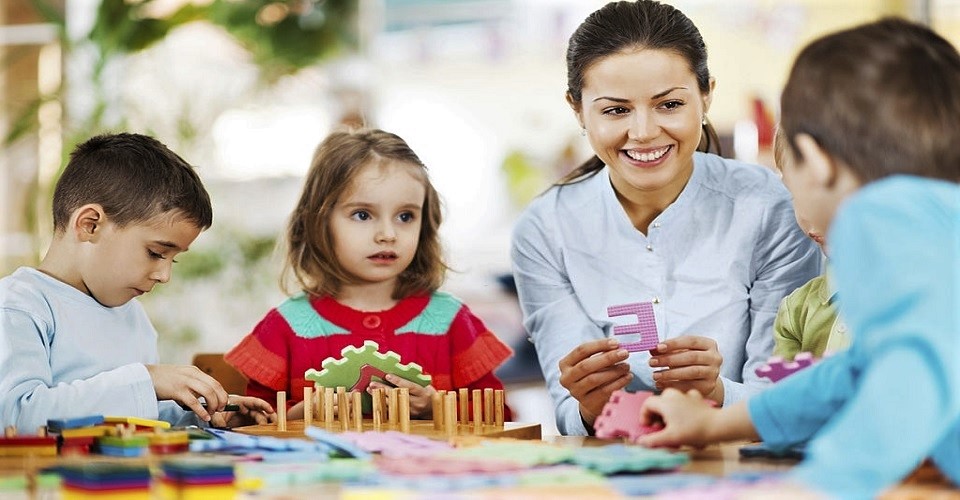5 Compelling Reasons to include Games in Your Classroom
19th January 2021
Building authentic relationships with students is considered to be an important aspect of school counseling techniques, and games in your classroom certainly play an important role to help build that trust.
Games help to teach social-emotional skills while also giving students a fun break from the busy day-to-day academia. As a teacher-counselor, you may be wondering how games can help your students developmentally.
Here we have shared 5 reasons to include fun and interesting games in your classroom:
The Proof is in the Pudding
As per a 2013, “Games with simulation components provide a 23% gain over traditional learning, demonstrating that games can increase learning outcomes by two grade levels.
While this study was conducted surrounding simulation, it proves that the basis of many games is developing problem-solving and critical thinking aspects that learners can use in their lives.
Students learn to follow and respect Rules
Games are indeed an incredible way to acquaint children with the concept of patience and how to follow rules. Rule-following is a skill that needs to be learnt and is used throughout a child’s entire life.
When students learn to follow rules at a young age, they learn to understand its value in a better way as well as the reasoning behind the rules, and how to follow them even if they don’t agree. Moreover, it is equally essential for students to learn to disagree politely when they don’t like a rule; it is just as important as teaching them the value of a rule.
Games not only provide the above-mentioned learning moments to your young learners, but also provide the students a birds-eye-view of choices and the consequences that may follow.
Emotional Regulation with Games
If you are thinking of teaching your learners a reasonable way to disagree, games can help students practice emotional regulation.
For example, if for some reason, a student becomes upset during a game, you have the perfect opportunity to help the child learn to soothe his/her feelings. In fact, it’s the ideal time to teach a mindfulness activity that will help young learners build their social-emotional stability to use in their life ahead.
Games teach Problem-Solving Skills
Games that include development of problem-solving skills instill in the children a healthy mindset with respect to the choices they make.
Overcoming obstacles, making goals and forming strategies can help students understand that they have control over the outcomes. In other words, they learn the meaning of accountability as they realize that the decisions that they make have direct effect on the outcomes.
Games teach Social Skills
Important teaching counselling skills can be infused generously within games that actively involve participation from the young learners.
For example, good sportsmanship, taking turns, and politeness are all skills that are built upon while playing games under the supervision of a good teacher-counsellor.
Games often model real-world scenarios, thus students have the opportunity to practice their social skills and learn how to handle larger issues they may face in their adult lives.
Social Distancing Games
During a pandemic, it can be quite difficult to find safe ways for students to work amongst themselves. Social distancing has become the norm in many classrooms. Listed below are some social-distancing games useful for the young learners:
Quizzes
Stand Up game (Nunchi game)
Line Bingo
Hot Seat
and many more…
Written By : Anindita Das